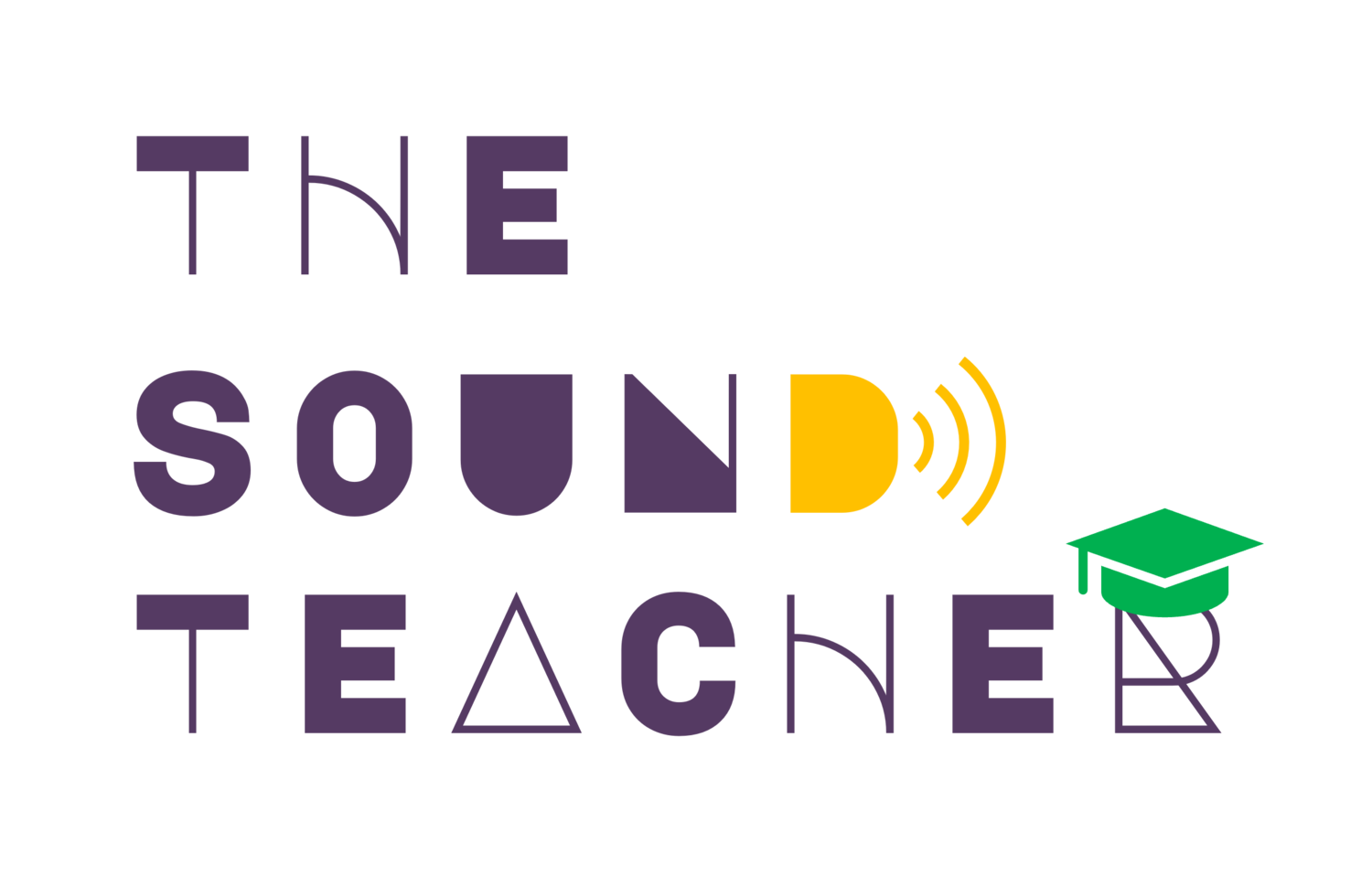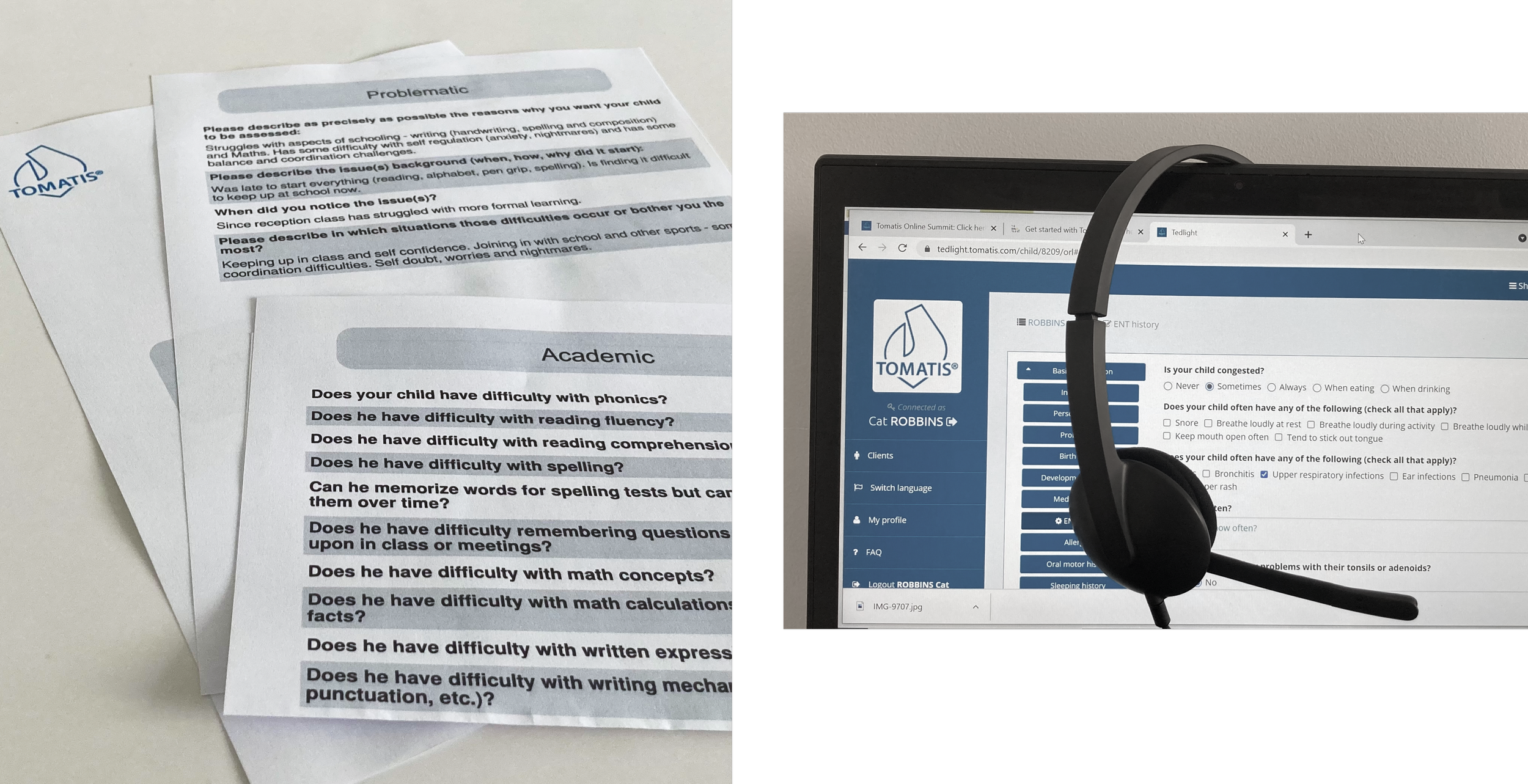Screening for the ears.
Otoscopy
*NEW FOR 2024* - Otoscopy. A clinical procedure used to examine the external and middle ear. The ears are often implicated in many health conditions and pathologies such as diabetes, cancer, neurology, dermatology and dental. Furthermore, complications with the ears and hearing are frequently associated with aging, mental health, trauma and learning disabilities. The Sound Teacher can perform this specialised assessment in your own home or in The Sound Teacher studio, London, UK.
Tomatis® Listening Test (TLT®)
The Sound Teacher can offer this option for screening individuals aged 6 years+. The test requires the individual to respond to sounds in both air conduction (headphones) and bone conduction (headpiece that sits behind the ears) as well as using the voice eg. counting aloud into a microphone. Careful analysis of an individual’s listening profile can help pinpoint ‘blocks’ to learning, working memory and self-regulation. A listening test can offer reassurance about an individual's sound processing.
Screening for motor sensory integration.
FREE Questionnaires (for children)
Two Tomatis® Evaluation Database (TED) questionnaires will be emailed to you: Sensory and Executive. Questions include motor control, emotional regulation, communication, sensory integration, academic and more.
Complete the answers online. Scores are carefully analysed to create a unique auditory profile of the child.
Formal assessment
For ALL ages, including adults and seniors. The assessment takes 2-2.5 hours and includes some fun exercises, drawing, puzzles and other motor skills and cognitive activities. Tests for balance and control, proprioception, core strength, bilateral integration, motor skills and sound (rhythm and oral/aural). With a formal assessment you will receive: a full written report as a PDF via email, an easy to follow plan for motor sensory integration (MSI) and a tailored pack of resources to support you.
Screening for reflexes.
Retained primitive reflexes
Stressed? Anxious? Neurological pain? Chronic symptoms? At ALL ages and stages of life, ‘Body awareness’ can fluctuate. Distribution of tension in the body, cramps or slackness, muscle tone, posture, gross and fine motor skills, even breathing and heart rate are regulated by the ear via the vestibular system. The Sound Teacher routinely tests for retained primitive reflexes which are often triggered by poor sound processing. Plus, simple checks of the eyes can alert to a body control system that is overwhelmed.
The voice
Illness, infections, trauma, physical damage, the nervous system, social or emotional state, living conditions, posture, muscle tone and even willingness…you need to overcome these factors in order to produce speech. Think about yourself or anyone you know who struggles. Speaking is no easy task!
The cochlea (inner ear) analyses sound. Issues with a person’s transmission or processing of sound will influence the voice. Speech is compromised if there is a problem anywhere in this reflex system including the associated supporting and articulation muscles.
Image source: Institute for Vocal Advancement






